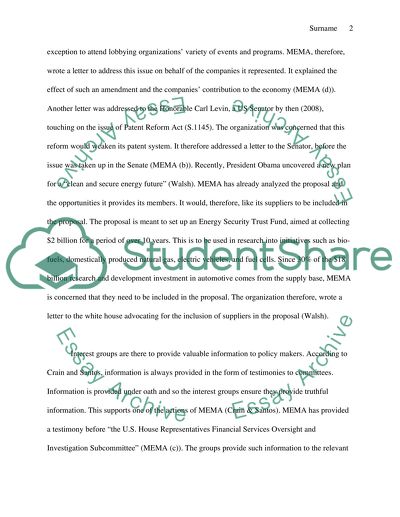Cite this document
(“Interest Groups and Politics Essay Example | Topics and Well Written Essays - 1750 words”, n.d.)
Retrieved from https://studentshare.org/history/1476160-interest-groups-and-politics
Retrieved from https://studentshare.org/history/1476160-interest-groups-and-politics
(Interest Groups and Politics Essay Example | Topics and Well Written Essays - 1750 Words)
https://studentshare.org/history/1476160-interest-groups-and-politics.
https://studentshare.org/history/1476160-interest-groups-and-politics.
“Interest Groups and Politics Essay Example | Topics and Well Written Essays - 1750 Words”, n.d. https://studentshare.org/history/1476160-interest-groups-and-politics.


